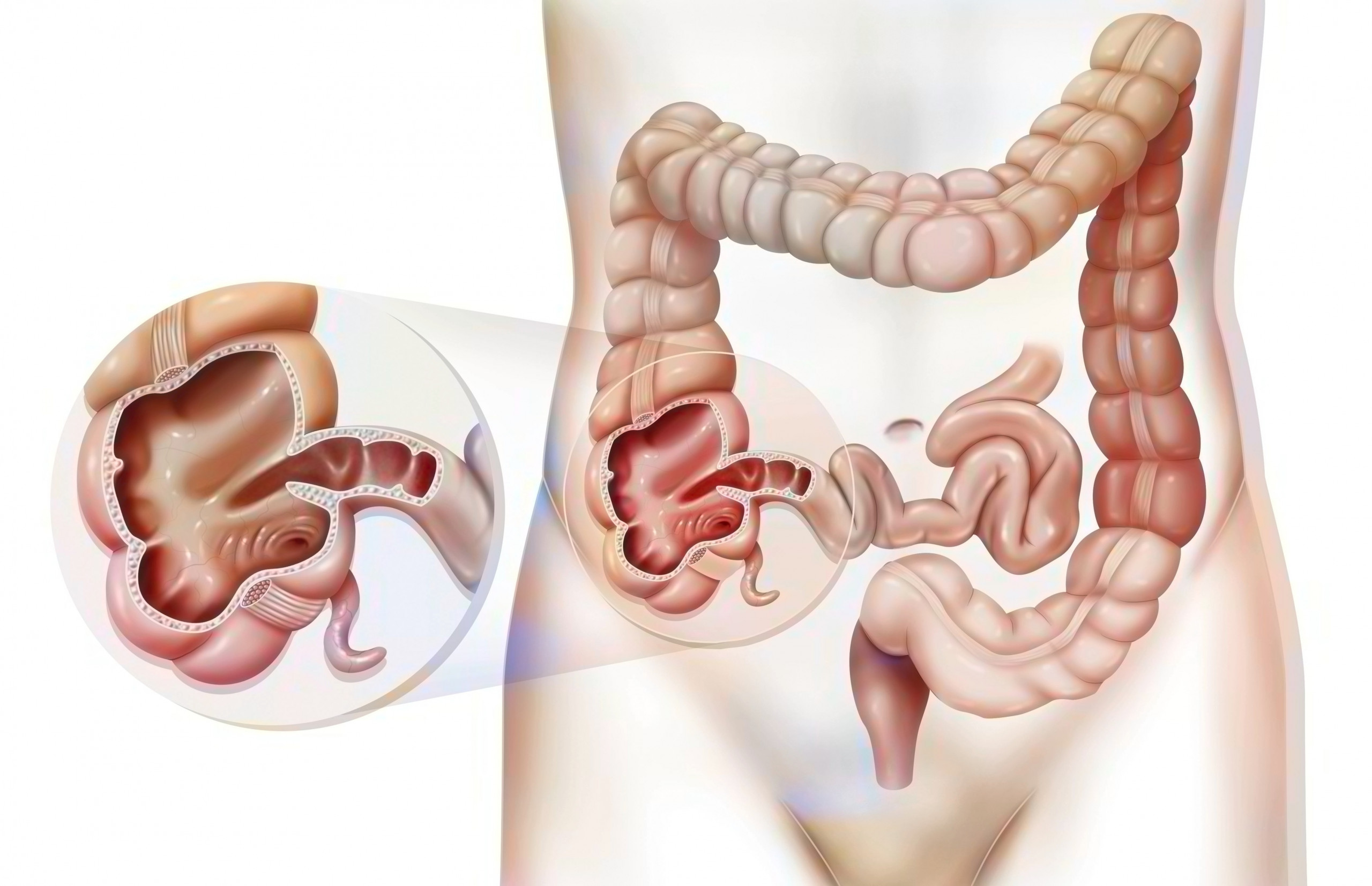The appendix – an unnecessary organ or indispensable?
The appendix is one of those organs that is often considered superfluous. Many people believe that it has no important function and only needs to be removed if it becomes inflamed. But this view is outdated. Recent research shows that the appendix plays an important role in the immune system and ensures healthy intestinal flora. The question therefore arises: is it really advisable to simply remove it as a precaution or in the event of inflammation?
What is the appendix?
The appendix is a small, sac-shaped section of the large intestine located at the transition from the small intestine to the large intestine. However, the real misunderstanding often lies in the terminology: when people talk about appendicitis, they actually mean inflammation of the vermiform appendix, a small, finger-shaped appendix of the appendix.
It used to be regarded as a functionless remnant of evolution – a so-called rudimentary organ. However, this assumption has now been disproved. Scientists have discovered that the appendix plays an important role in the immune system and intestinal health.
The functions of the appendix
1. protection of the intestinal flora
One of the most important discoveries of recent years is that the appendix is a kind of “emergency depot” for beneficial intestinal bacteria. After severe diarrheal illnesses or antibiotic therapies, the intestinal flora can regenerate as the good bacteria from the appendix recolonize in the intestine.
2. support of the immune system
The appendix contains a high concentration of lymphatic tissue, which plays a crucial role in immune defense. It supports the immune system by fighting pathogens and contributing to the development of antibodies.
3. influence on inflammatory processes
Studies show that people without an appendix may be more susceptible to certain diseases, including intestinal inflammations such as Crohn’s disease or ulcerative colitis. The appendix appears to play a role in the regulation of inflammatory processes in the intestine.
Why not simply have the appendix removed?
For a long time, appendectomy was regarded as a harmless routine procedure. However, we now know that removal can have long-term health consequences.
1. higher risk of intestinal diseases
People who have had their appendix removed are at increased risk of digestive problems and chronic inflammatory bowel disease. The loss of the “bacterial depot” can severely disrupt the intestinal flora.
2. effects on the immune system
As it has an immunological function, its removal could weaken the immune system. Some studies suggest that people without an appendix are more susceptible to certain infections.
3. no real benefit for a non-inflamed appendix
There is no medical reason to remove the appendix as a precautionary measure. As long as there is no acute inflammation, the advantages of keeping the appendix outweigh the disadvantages.
Why not simply have the appendix removed?
Alternatives to surgery
Until now, the standard treatment for inflammation (appendicitis) was surgical removal. However, recent studies show that in many cases treatment with antibiotics can be sufficient to cure the inflammation. This applies in particular to uncomplicated appendicitis.
In countries such as Finland, researchers have shown in studies that around 70% of patients can be successfully treated with antibiotics without the need for surgery.


Leave A Comment